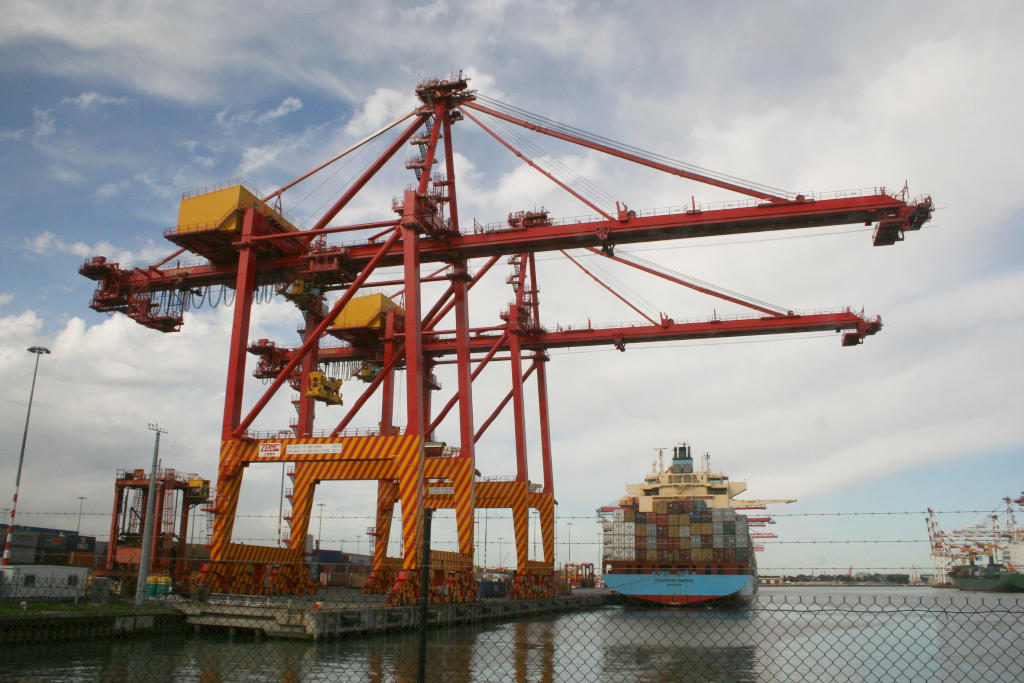Why Is the United States Blockading Hawaii?
In wartime, supply is one of the keys to victory. Therefore, nations try to blockade other nations to cut off their supplies. Think about the Civil War, where the Union states blockaded the Confederate states, or the U.S. embargo against Cuba in the Cold War.
So why is the United States blockading Hawaii?
The Jones Act has been doing exactly that since 1920. The idea was to protect the American shipping industry and to stay independent in wartime. The Jones Act protects nearly all American harbors from foreign traders by stating that all ships engaged in trade between American harbors have to be made in the United States, sail under the flag of the United States, and have a crew at least 75 percent American. Only certain harbors — for example, L.A.’s — allow foreign ships to bring their cargo.
Every cargo container delivered from, say, Southeast Asia first has to go to L.A. before it can be shipped by an American ship to Hawaii. This raises the costs for every container — not by little, but by more than five times. Hawaii is cut off from more than 90 percent of the worlds shipping, since they are not sailing under the US flag.
Comparing this to Singapore makes clear how much damage the Jones Act is doing today. Singapore, which compares favorably to the United States —and especially Hawaii — on trade freedom in the Economic Freedom Index, saw its GDP per capita nearly double from 2001 to 2016. Hawaii’s GDP per capita, meanwhile, rose just 26.7 percent in that period, lagging both Singapore and the United States (which grew by 54.2 percent).
One argument for the Jones Act is a protectionist one: to keep jobs in the shipping industry. However, at the time this law was introduced, 70 percent of the world’s trade-ship fleet sailed under the American flag. Nowadays, not even 1 percent does. And still the U.S. economy is strong. So it might be true that these jobs get lost in transition, but new jobs will emerge because bigger harbors will be needed. The new imports to Hawaii and other states would also create many business opportunities we can’t even imagine now. Consider the case of Shenzhen, for example, which was a fishing town but opened up to the world market and is now one of the most booming cities in China.
The best illustration of why the United States should get rid of this law is hurricanes. When a hurricane hits the United States and does devastating damage, the president allows all ships from all countries to bring supplies to the parts of the country where they’re needed — but only for a brief window of time.
Why should we allow this only in emergencies? Opening up Hawaii to the world market would allow the island to grow to its full potential. It could get cheaper imports and easier access to export markets. This would lead to new jobs and make people richer.










